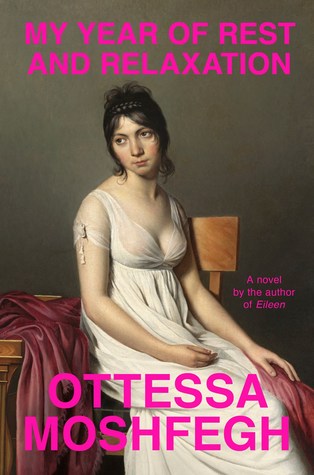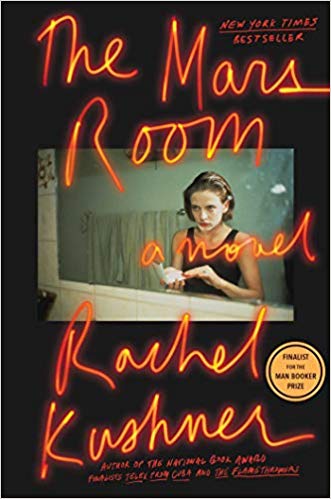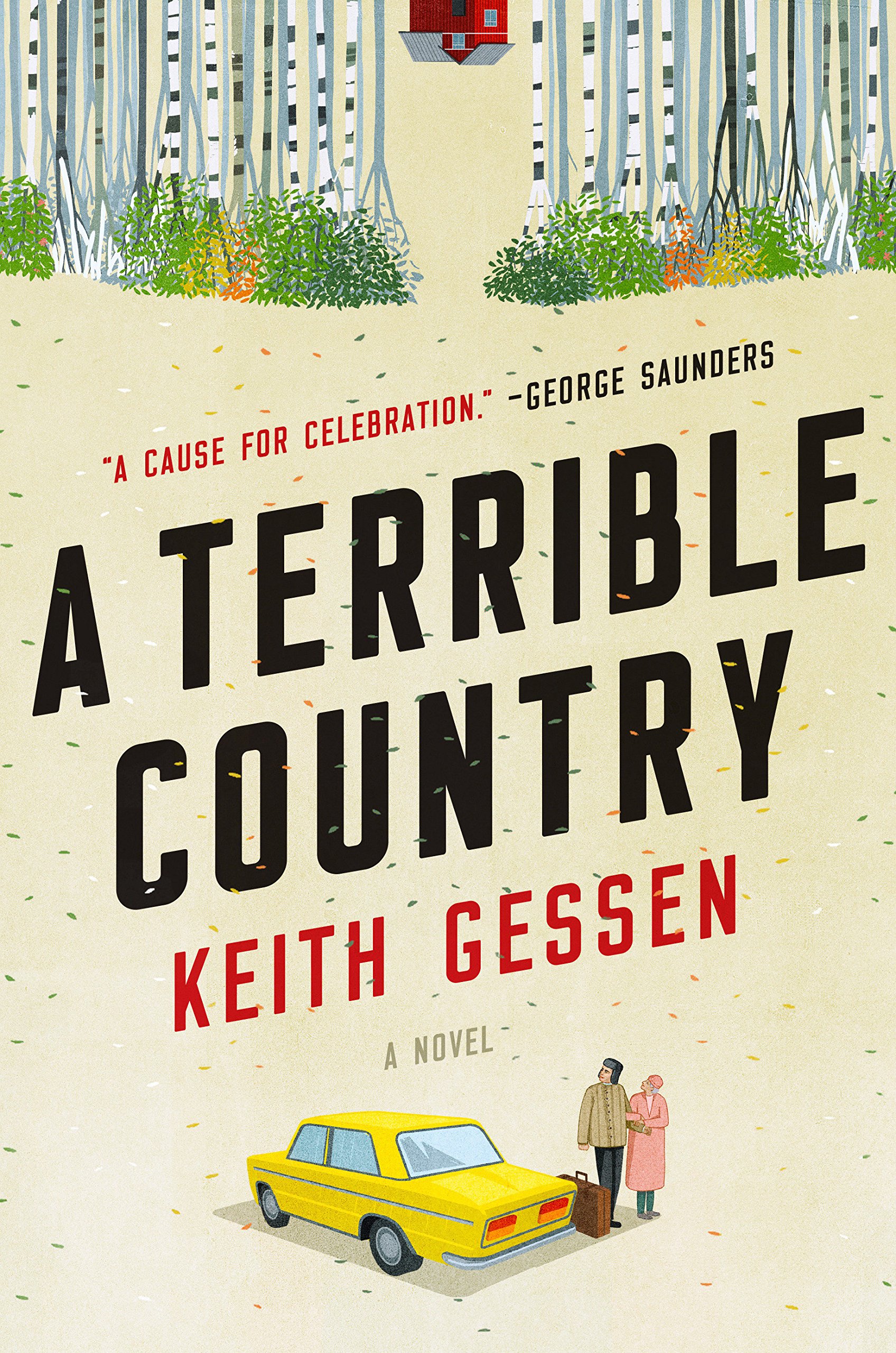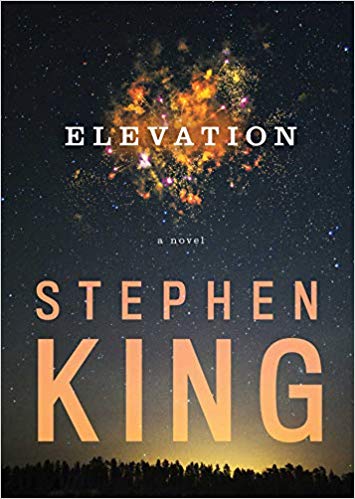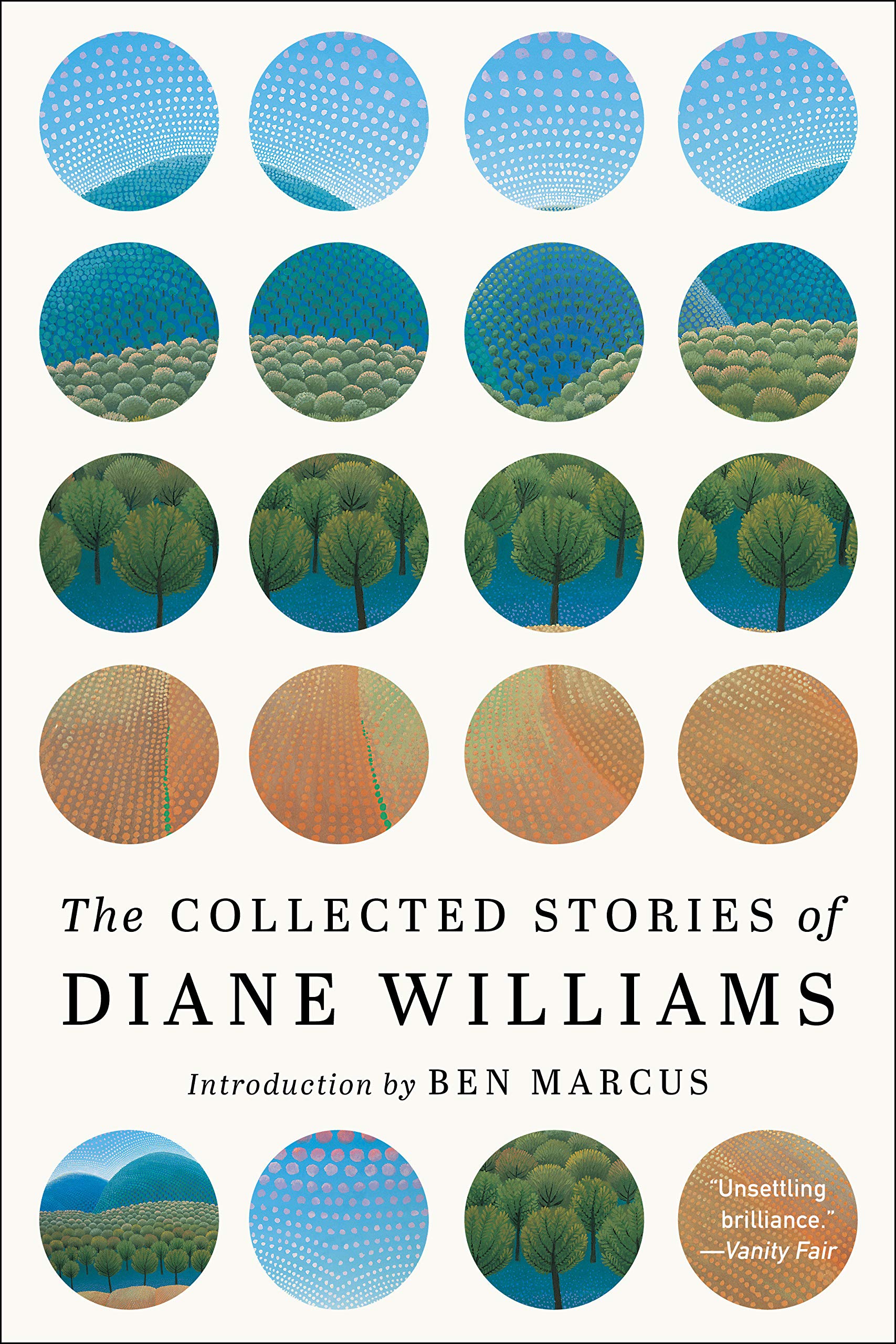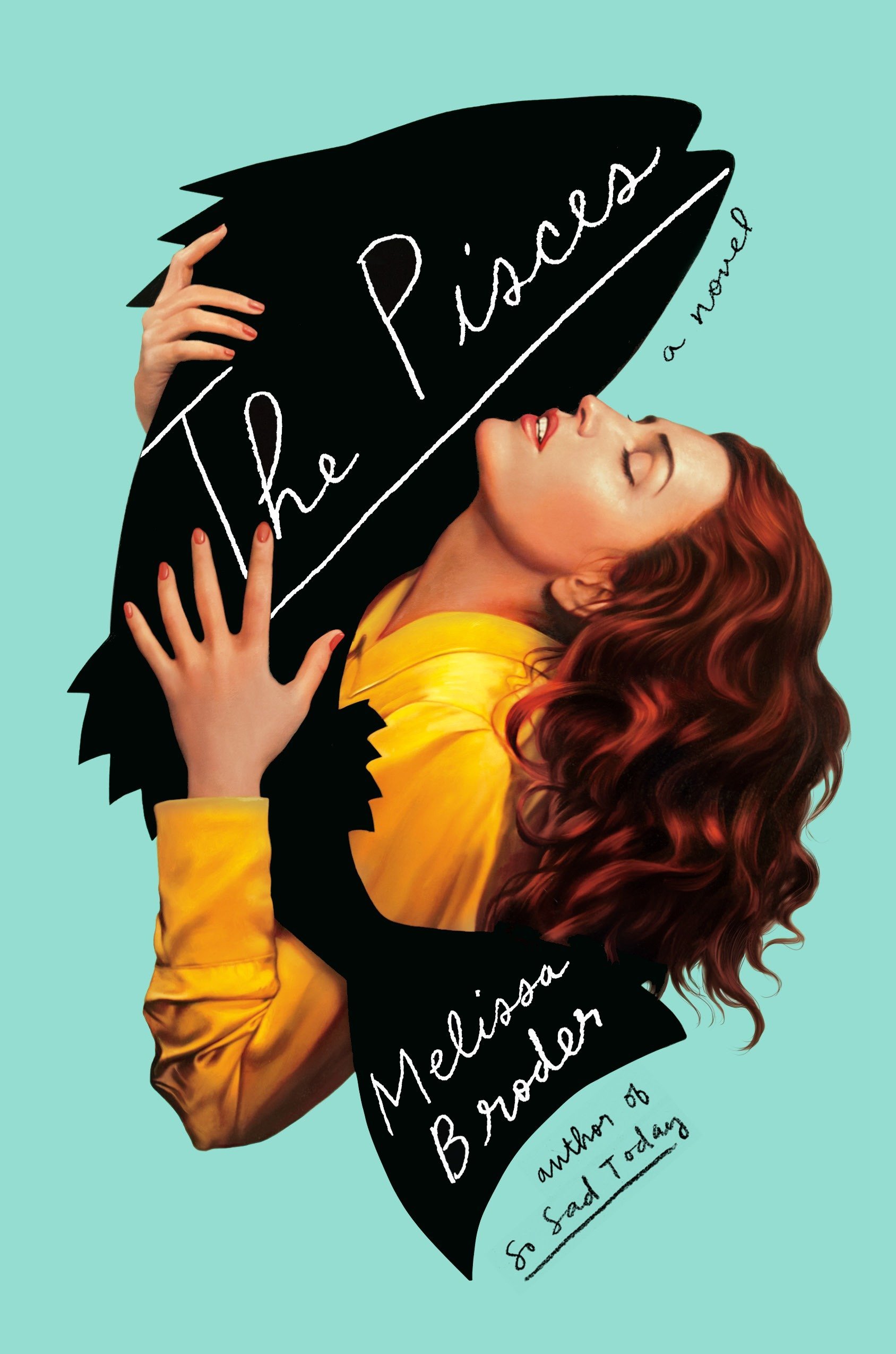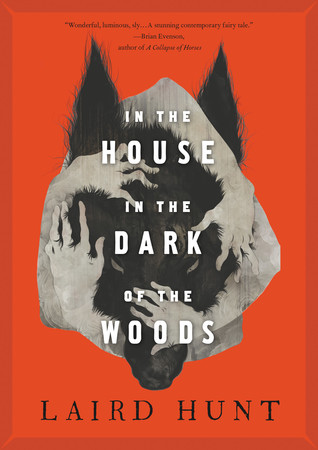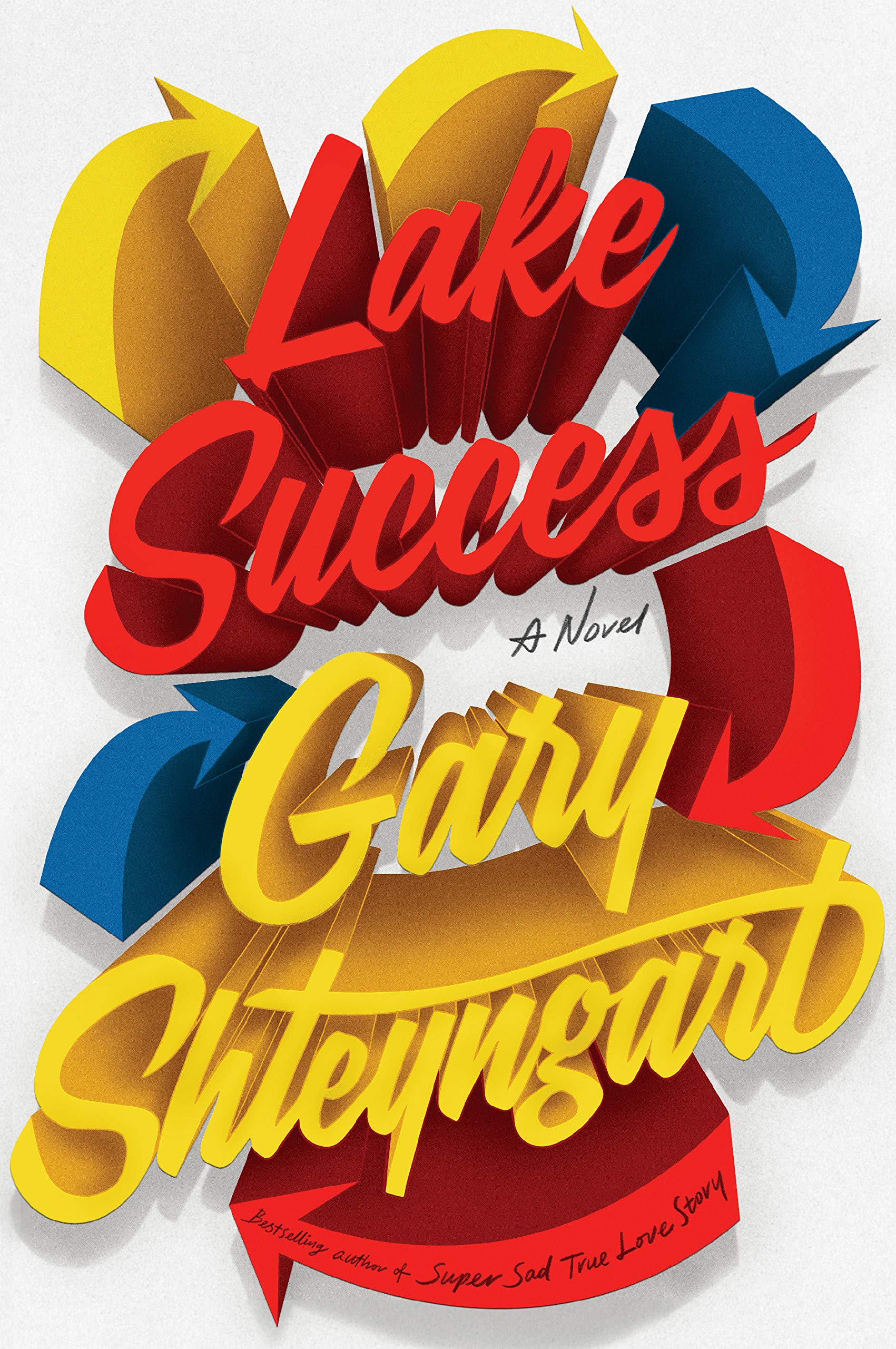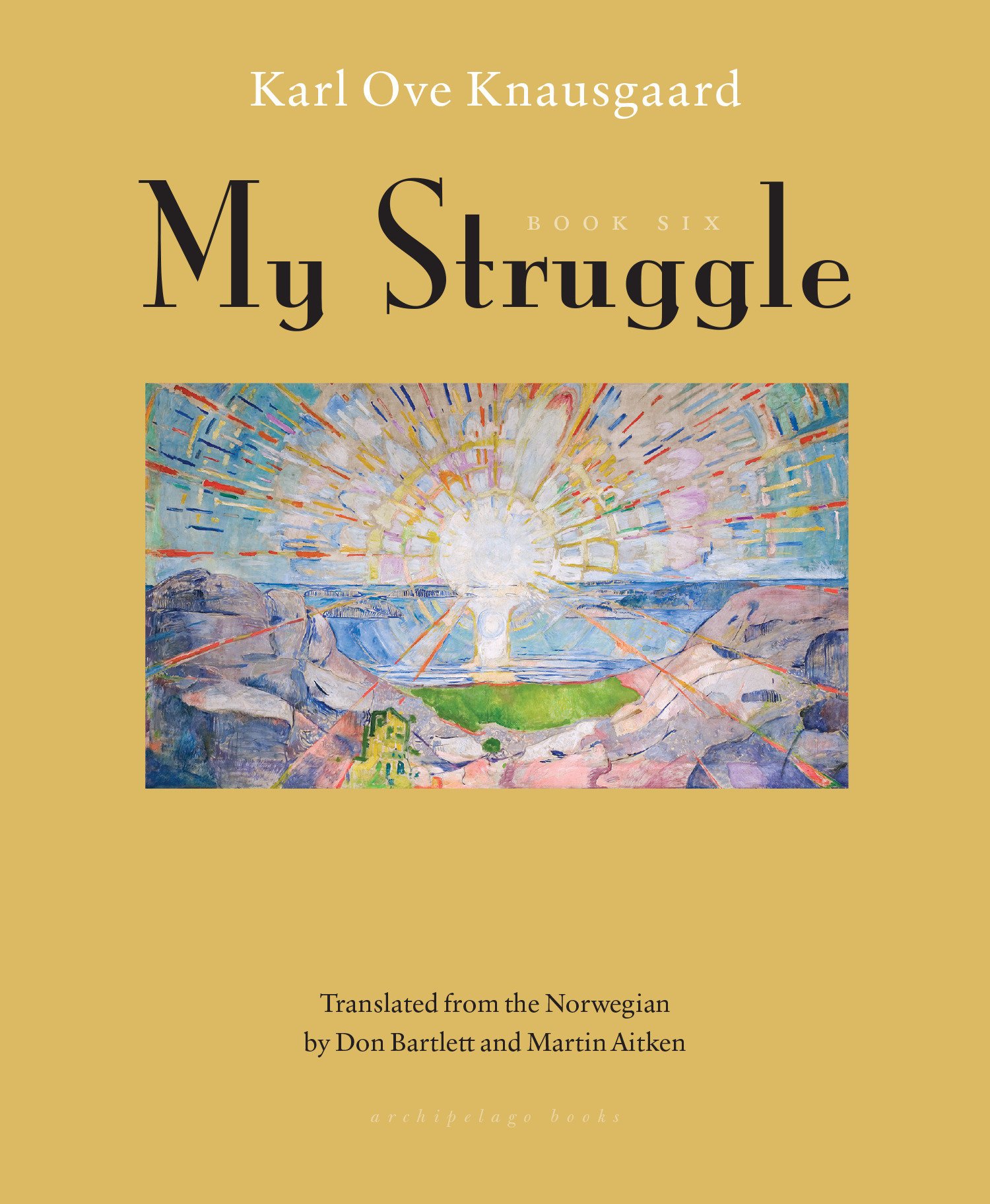The Worst Books of 2018: Fiction!
/Before we ascend to the bright, wholesome light of the year's best books, we must first delve the depths, and this year those depths matched the tedium, artifice, and pretension of earlier books with a pronounced Post-Truth wrinkle: successful authors simply wandering into their latest productions, standing around for a few pages, and then wandering off to collect their fees – the faux-literary equivalent of a bored Milton Berle doing a quick set in the Catskills. When a combination of laziness and cynicism is the most prominent trend in a year's bad fiction, you know you're in for a rough ride. These were the worst offenders:
10 The Collected Stories of Diane Williams (Soho) – The first hint of trouble with this book is simply mathematical: it's 785 pages long, but it's billed as containing 300 short stories. This is of course impossible. And indeed, the book contains no short stories at all – sketches, vignettes, flimsy character outlines, some improv prompts, but nothing more. This is Twitter's idea of fiction: lots of posturing, virtually no substance.
9 Elevation by Stephen King (Scribner) – This novella by Stephen King, depressingly bad in its own right, also stands as a fair example of a problem besetting most of the books on the list this year: writers simply showing up in their own manuscripts, doing a bit of shtick, and then waiting for their paycheck. King's story idea here involves a man who's mysteriously losing mass, and every one – literally every single one – of your first, laziest guesses about how such a story might progress turn out to happen, always in the most uninteresting ways.
8 A Terrible Country by Keith Gessen (Viking) – In Gessen's almost impossibly turgid novel, a sad young literary man decides to travel to Putin's Moscow in order to care for his declining grandmother, and there follow, by my count, 72 scenes that can each be boiled down to “Moscow, huh? Am I right, or am I right?” At some random point even Gessen seems to become embarrassed by such self-indulgent sloth and decides to tack on something resembling a plot, but by then it's far too late to save this mess.
7 The Mars Room by Rachel Kushner (Scribner) – Take an overhyped and rather startlingly average novelist, sit her down with some popcorn and a 5-season DVD set of “Orange is the New Black,” and then contractually require her to do … well, pretty much absolutely nothing other than free-associate a wan women's-prison pastiche (minus the popcorn), and presto! You have this ridiculous string of caricatures from Rachel Kushner.
6 My Year of Rest and Relaxation by Otessa Moshfegh (Penguin Press) – The besetting sin of this year's just-show-up-and-stand-there fiction reaches its nadir in this adamantly inert novel by Otessa Moshfegh, about a pampered idiotic millennial who desperately (and inexplicably, of course – accountability might have required a second draft, and who has time for that?) wants to check out from the world and sleep her life away. It's tempting to call this kind of lax navel-gazing the pinnacle of narcissism, but:
5 My Struggle Book Six by Karl Ove Knausgaard, translated from the original Boring by Don Bartlett & Martin Aitken (Archipelago) – The only good thing that can be said about this howlingly awful 1000-page block of dreck is that it's the last installment of a prolonged literary embarrassment that began four years and 180,000 pages ago with the first volume of My Struggle, which prompted deeply ridiculous hog-squeals of praise from almost every critic in Christendom. Not one word of this logorrhea was fiction, and none of it merited attention, much less adulation; it was the most successful literary con-job of our lifetime.
4 Lake Success by Gary Shteyngart (Random House) – The most tragic iteration of just-show-up-and-stand-there fiction is always the one that reminds you of a time when its author didn't do that. In this case, Lake Success, the latest series of pointlessly wacky Post-It notes from Gary Shteyngart, does two things: it gives a graduate-level course in the Art of Coasting, and it makes Shteyngart's genuinely winning debut, The Russian Debutante's Handbook, feel like an artifact from a different age – and a different author.
3 Jeeves and the King of Clubs by Ben Schott (Little, Brown) – Pastiche fiction done well is the cookie dough of the literary world: a pure indulgence that's very bad for you but nevertheless sometimes the only thing that'll hit the spot. Pastiche fiction done poorly – or, in the case of Ben Schott's pastiche Jeeves and the King of Clubs, hideously poorly – is like taking a plunger of cookie dough up your nostrils for an hour. Labored jokes, intensely self-conscious puns, and Jeeves & Wooster as government spies – a colossal flop that proves the Curse of Wodehouse still haunts would-be usurpers to the master's crown.
2 In the House in the Dark of the Woods by Laird Hunt (Little, Brown) – An author who titles his latest book with not one, not two, but three prepositional phrases is daring you to call him a psuedo-intellectual, and the title of Laird Hunt's new novella In the House in the Dark of the Woods is only the first of the book's such challenges. Readers looking for plot, dialogue, character, sense, or insight have wandered into the wrong part of the woods. But even readers looking for an unbearably smug auteur ham-fistedly fumbling allegories all over the lot might find this misfire too murky.
1 The Pisces by Melissa Broder (Hogarth) – Lucy, the main character in Melissa Broder's The Pisces, is suffering from a suite of severe psychiatric disorders. Her narcissism is so completely dissociative that she cannot function in the real world; she has frequent blackouts; she physically assaults people who displease her; she has no impulse control. But in this wretched novel, Broder writes all of this clearly and then tells you to ignore it: it's not Lucy who's a vain, crazy A-hole – it's the rest of the world. This worst novel of 2018 is a gruelingly protracted exercise in through-the-looking-glass social-protest reverse-think, where we're supposed – required – to think that all the normal characters are actually losers and the story's shallow, manipulative psychopath is its real hero. Welcome to the novel-length version of Kristen Roupenian's “Cat Person.”

